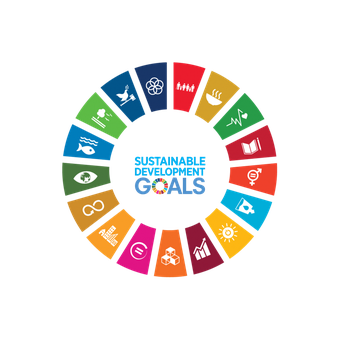SDGs & UNIVERSITY

BACKGROUND AND GENERAL OBJECTIVE
The commitment of higher education institutions to sustainability and particularly to address the Agenda 2030 is growing with many universities embracing the sustainability as a core value. Universities are rethinking teaching, research programs, and third mission according to SDGs framework. How universities walk the talk? Which are the main governance processes and strategies implemented by universities to fulfill their commitment in implementing the 2030 Agenda in the tree universities’ missions? What are the effects of implementing SDGs in teaching, research, and third mission activities? These are some of most urgent issues that need to be investigated to provide necessary evidences which can inform the scientific community as well as policy makers and the community on how universities are navigating the Agenda 2030 and its effects.
WHAT WE DID
We developed this stream of research around two lines:
1- A systematic literature review.
We developed a theoretical framework based on a systemic approach to summarize and classify the most diffused and common sustainability practices and strategies in pursuing SDGs in higher education reported in the literature. Drawing on 133 peer-reviewed articles, we identified the main gaps in research on universities’ strategies and practices towards the Agenda 2030 and discuss possible research trajectories. We found that the maturity level of universities strategies towards SDGs agenda is differentiated across institutions. We also found that current literature on the topic appears unstructured as many researches does not clarify their contribution in the current debate. This hamper the possibility to derive structured policy considerations from the experience. Further research on evolving practices would benefit from identifying whether their research and related contribution address research, mission, or third mission activities and the micro, meso, or macro level of university operations.
2- Embedding the SDGs in the curricula: employment
Higher Education institutions reshaped curricula in the direction of empowering students through the Agenda 2030. Such strategies are aimed at providing students competences for interpreting current changes and, in turn, are also closer to current job-market requirements. Thus, we explore the relationship between master graduates’ employability and their acquired competence on SDGs. We found that students which attended courses with SDGs related content appear to be linked with higher and better occupation. This confirm the need to address current challenges with sustainability competences which can be sustained by universities strategies.
PUBLICATIONS
- Fia M., Ghasemzadeh K, Paletta A. (2022) How higher education institutions walk their talk on the 2030 Agenda: a systematic literature review. Higher Education Policy. 10.1057/s41307-022-00277-x
- Alimehmet G., Fia M., Paletta A. (2021) Embedding the Sustainable Development Goals in the curriculum matters: sustainability competencies and graduates’ employability. Working paper (available upon request).